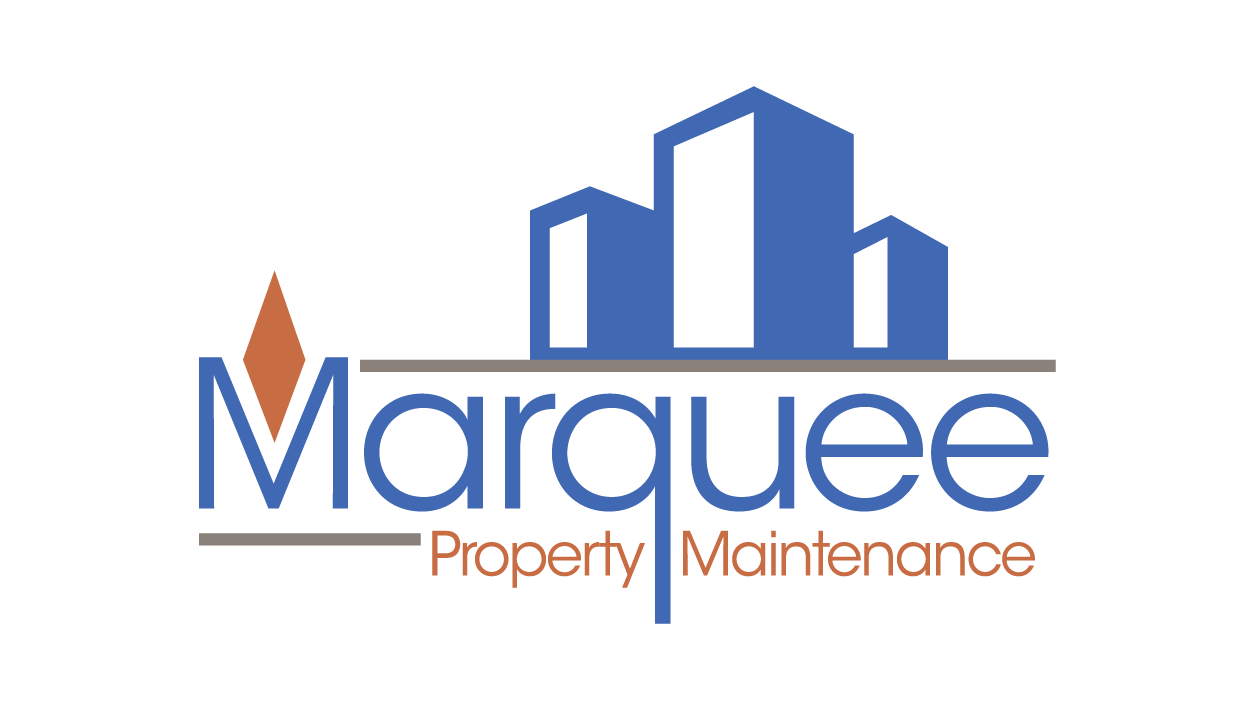Blogs

The Responsibilities of a Multi-Unit Property Manager
The Responsibilities of a Multi-Unit Property Manager
Managing a multi-unit apartment complex is a multifaceted role that demands a diverse skill set and a proactive approach. Property managers are responsible for maintaining the property’s value, ensuring tenant satisfaction, and optimizing operational efficiency. Let’s explore the key responsibilities that define this position and why it may be useful for you as a property owner.
1. Tenant Relations and Communication
One of the primary responsibilities of a property manager is to serve as the main point of contact for tenants. This involves:
Handling Inquiries and Requests: Property managers address a variety of tenant concerns, from maintenance issues to lease queries. They need to be responsive, approachable, and capable of resolving problems swiftly to maintain tenant satisfaction.
Conflict Resolution: Disputes between tenants or complaints about property conditions are inevitable. Property managers must mediate conflicts fairly and ensure that all parties feel heard and respected.
Lease Negotiations and Renewals: Ensuring that leases are clear and fair, and handling renewals or adjustments as necessary, helps maintain a stable and happy tenant base.
2. Maintenance and Repairs
Property managers are responsible for maintaining the physical condition of the property. This includes:
Routine Maintenance: Scheduling regular upkeep such as lawn care, cleaning common areas, and servicing equipment like HVAC systems is crucial to prevent larger issues.
Emergency Repairs: Responding quickly to urgent problems like plumbing failures or electrical issues is essential to minimize disruption and damage.
Vendor Coordination: Property managers often work with various contractors and service providers. They need to coordinate these relationships to ensure high-quality work and adherence to budget constraints.
3. Financial Management
Managing the finances of a multi-unit property is a critical aspect of the job. Responsibilities include:
Rent Collection and Accounting: Ensuring timely rent collection and maintaining accurate financial records are fundamental duties. Property managers must track income and expenses meticulously.
Budgeting and Forecasting: Creating and managing budgets for operations, maintenance, and potential improvements helps maintain financial stability. Property managers also forecast future expenses to plan for long-term property needs.
Financial Reporting: Regularly providing financial reports to property owners, including profit and loss statements, helps keep stakeholders informed and engaged.
4. Tenant Screening and Retention
Finding and keeping good tenants is key to the success of any property. Responsibilities in this area include:
Tenant Screening: Implementing a thorough screening process that includes background checks, credit history, and references helps ensure that tenants are reliable and responsible.
Lease Administration: Managing lease agreements and ensuring that all legal and financial terms are understood by tenants is crucial for compliance and clarity.
Retention Strategies: Keeping tenants happy can reduce turnover and associated costs. This might involve hosting community events, maintaining excellent property conditions, or offering incentives for lease renewals.
5. Legal Compliance and Risk Management
Property managers must be well-versed in the legal aspects of property management to protect both the property and its residents. This includes:
Understanding Local and Federal Laws: Property managers must be knowledgeable about landlord-tenant laws, fair housing regulations, and health and safety codes.
Risk Management: Developing and implementing risk management strategies, such as obtaining appropriate insurance and conducting regular safety inspections, helps protect the property from potential liabilities.
6. Marketing and Leasing
To keep units occupied and maintain cash flow, property managers must be skilled in marketing and leasing strategies:
Marketing Vacant Units: Effective marketing strategies, such as utilizing online platforms, social media, and community outreach, help attract new tenants.
Conducting Showings and Open Houses: Property managers often show units to prospective tenants and must be able to highlight the benefits and features of the property effectively.
Leasing Agreements: Drafting and managing lease agreements that comply with legal standards while protecting the interests of both the property owner and the tenant is a crucial responsibility.
7. Property Upgrades and Renovations
Property managers play a key role in planning and overseeing property improvements that enhance value and tenant satisfaction. Responsibilities include:
Project Management: From small upgrades to large-scale renovations, property managers coordinate projects to ensure they are completed on time, within budget, and to a high standard.
Budget Allocation: Allocating funds for improvements requires careful planning and prioritization based on the property’s needs and potential return on investment.
Vendor Selection and Oversight: Selecting reputable contractors and overseeing their work ensures that renovations meet quality standards and comply with local regulations.
8. Emergency Response and Crisis Management
Property managers must be prepared to handle emergencies efficiently. This includes:
Developing Emergency Plans: Creating and communicating procedures for emergencies such as fires, natural disasters, or security threats is essential for tenant safety.
Crisis Management: Quickly addressing and resolving crises, whether they are natural or tenant-related, helps protect the property and maintain tenant trust.
Conclusion
Managing a multi-unit apartment complex is a multifaceted role that requires a diverse skill set and the ability to juggle various responsibilities simultaneously. From tenant relations and maintenance management to financial oversight and legal compliance, property managers are the backbone of successful rental operations. By excelling in these areas, they ensure that properties are not only well-maintained and profitable but also vibrant communities where tenants feel valued and at home.

Contact Us!
Monday - Friday 9am to 5pm
Copyright: Marquee Property Management 2024